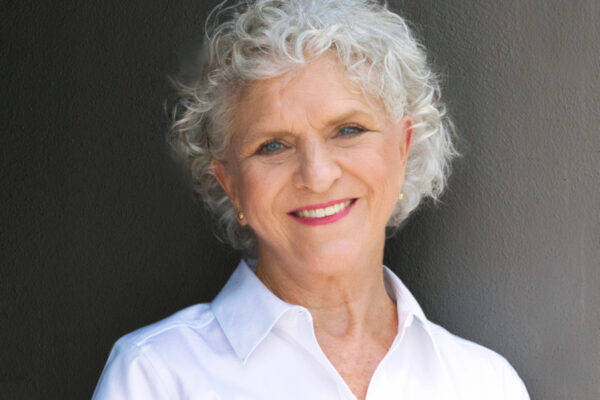
Steven Pinker, the Harvard University cognitive scientist, has just published a book, Enlightenment Now: The case for Reason, Science, Humanism, and Progress where he uses stats to defend his view that we are finally living in the best of all possible worlds, as Dr. Pangloss told him.
He is a rabid champion of progress, prosperity, well-being, optimism… and argues that happiness, peace, health and safety are on the rise.
Is this the best time to be alive?
According Dr. Pangloss, now is the best time to be alive. We have reached the epitome of satisfaction and contentedness. An ageing Pollyanna?
William Davis, in The Guardian tells us about his views on the book. Sarah Bakewell writes a good article on this book in The New York Times.
Pinker has plunged head on into the deep end, three sheets to the wind, I suppose, trying to sell a product few people are going to be willing to buy.
Great advances have been made materially and technically, but the brain of man, and Pinker ought to know, remains as it was 50,000 years ago.
All the fanfare about positive thinking is fine and dandy, but mankind is not that happy as a cursory visit to a bookstore’s self-help section will reveal.
If we have finally achieved our goals how come shamans, diableros, witch doctors, black magic, brujos… are not on the wane, on the contrary.
Mankind’s quest for spiritual enlightenment, inner peace and outer wisdom has many facets, even dark ones that have nothing to do with Reason and Enlightenment.
Just one example: Carlos Castañeda and don Juan, the Yaqui Indian from Sonora, Mexico.
Also read: Forgetting a word doesn´t make you senile

The Teachings of Don Juan: A Yaqui Way of Knowledge by Carlos Castañeda
Carlos Castañeda, whose life, family and friends were always wrapped up in a misty and confusing mystery, published in 1968 The Teachings of Don Juan: A Yaqui Way of Knowledge.
In this book, he presented an anthropological real-life account of the teachings of a Sonora Indian Shaman by the name of Don Juan, don Juan Matus.
Fact or fiction? Many have tried for years to denigrate Castañeda as a bona fide anthropologist, arguing that his books are fictional accounts, and that don Juan, the Yaqui shaman, never existed.
Be it as it may, the question is irrelevant. The real fact is that this book filled the eternal void among a public eager for new experiences and new answers to their quests, their spiritual quests.
No less than Octavio Paz (1914-1998) the Mexican Nobel Prize Winner for Literature prefaced this book.
Magic and reality
In spite of the fact that we have so many technical achievements, as Dr. Pinker points out, questions about magic, poetry, mystery, religion, shamanism, the ego, the self, infinity, death, the world, identity… all need some sort of an answer.
Don Juan’s teachings as told to Castañeda during their alleged meetings and friendship, provide those answers and teach a way of life, the Yaqui way of life and knowledge.
Carlos Castañeda made the cover of Time Magazine with the caption: “Carlos Castaneda: magic and reality.”
A book about shamanism, peyote, brujos, diableros, witch doctors, black magic, made the cover of this famous magazine.
It has sold over 13 million copies and translated into 17 languages. In this Time article Castañeda was described as “an enigma wrapped in a mystery.”
Do Dr. Pinker’s Enlightenment Now: The case for Reason, Science, Humanism, and Progress and Castañeda’s The Teachings of Don Juan mix?
Not at all, and here is my case: as long as a book like The Teachings of Don Juan, and similar ones, attract wide readership, the case for Enlightenment Now is weakened and moot.
Humanity has made great leaps and strides forward, to be sure, but the dark, mystical core of man’s brain still yearns for supernatural leadings and guidance, bereft of reason and logic.
I wonder whether Dr. Steve Pinker’s book will hit the cover of Time Magazine, or sell 13 million copies, or be translated into 17 languages. This is part of my point, albeit not an optimistic one.





Leave a Reply